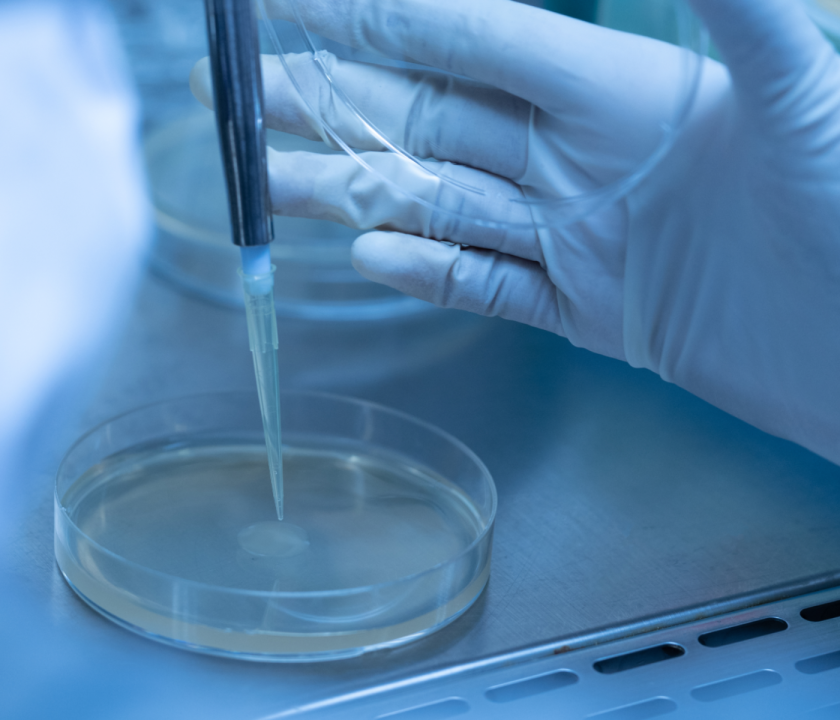Content available at: Español (Spanish)
Waste from the dairy industry could serve as nutritional supplements for broiler feed. This is being studied by Argentine researchers to obtain a greater amount of yeast from whey and test its probiotic capacities in laboratory models and production animals, particularly chickens, as a nutritional supplement for the first weeks of age.
The researchers propose to study the anti-inflammatory capacity of this yeast, K. marxianus, to replace with it the use of antibiotics as growth promoters in broiler chickens.
FIRST PHASE OF THE STUDY
This project called “Valorization of whey for the production of protein concentrate, bioethanol and probiotic biomass. Validation of probiotic properties of Kluyveromyces marxianus obtained on a pilot scale”, was presented by CONICET researcher Martín Rumbo, Director of the Institute of Immunological and Pathophysiological Studies, (IIFP, CONICET-UNLP-associated with CICPBA.
This study proposes reusing whey, left over from cheese production, as a raw material for obtaining bioethanol -of potential use as ecological fuel-, proteins, and probiotic yeasts, thanks to the properties of the yeast Kluyveromyces marxianus, with an excellent capacity for being used in the fermentation of that whey.
The researchers point out that in the project’s first phase, it was verified that “Some of its strains reach an efficiency greater than 90% in the transformation of lactose into bioethanol. Likewise, after this process, it maintains its probiotic properties: in vitro tests, we saw that it could survive passage through the gastrointestinal tract and modulate the innate immune response of the intestinal epithelium. Furthermore, in an animal model, one of the most efficient strains for fermentation allowed protection against the damage caused by acute colitis. That is, the excess yeast biomass obtained can potentially be marketed as a probiotic.”
SECOND PHASE OF THE INVESTIGATION
The next stage of the project –which received a subsidy of 40 million Argentine pesos– consists of:
- The increase in the productive scale to obtain a greater quantity of yeasts from the whey;
- Test its probiotic capabilities in laboratory models and;
- Also, in production animals, particularly chickens, as a food supplement for the first weeks of age.
At this point, the CONICET researcher, Martín Rumbo, explained that “In general, in breeding chickens, many antibiotics are being used as growth promoters that change the intestinal ecology and, although they favor the use of food energy to growth, they generate a lot of resistance to those antibiotics, without treating specific infections. Therefore, whatropose to study the anti-inflammatory capacity of our yeast, K. marxianus, to replace antibiotics with antibiotics as growth promoters”.
Experts from the Center for Research and Development in Food Cryotechnology (CIDCA, CONICET-UNLP-CICPBA), the Center for Research and Development in Industrial Fermentations (CINDEFI, CONICET-UNLP), and the National Institute of Agricultural Technology ( INTA Castelar).
Source: CONICET La Plata, Argentina.
It may interest you: Lasers can work as environmental enrichment devices

